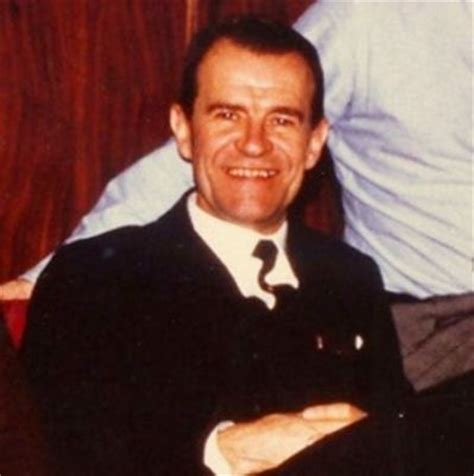A Quote by Richard Dawkins
Science offers us an explanation of how complexity (the difficult) arose out of simplicity (the easy). The hypothesis of God offers no worthwhile explanation for anything, for it simply postulates what we are trying to explain. It postulates the difficult to explain, and leaves it at that.
Related Quotes
I don't think God is an explanation at all. It's simply redescribing the problem. We are trying to understand how we have got a complicated world, and we have an explanation in terms of a slightly simpler world, and we explain that in terms of a slightly simpler world and it all hangs together down to an ultimately simple world. Now, God is not an explanation of that kind. God himself cannot be simple if he has power to do all the things he is supposed to do.
If we want to postulate a deity capable of engineering all the organized complexity in the world, either instantaneously or by guiding evolution, that deity must have been vastly complex in the first place. The creationist, whether a naive Bible-thumper or an educated bishop, simply postulates an already existing being of prodigious intelligence and complexity. If we are going to allow ourselves the luxury of postulating organized complexity without offering an explanation, we might as well make a job of it and simply postulate the existence of life as we know it!
If complex organisms demand an explanation, so does a complex designer. And it's no solution to raise the theologian's plea that God (or the Intelligent Designer) is simply immune to the normal demands of scientific explanation. To do so would be to shoot yourself in the foot. You cannot have it both ways. Either ID belongs in the science classroom, in which case it must submit to the discipline required of a scientific hypothesis. Or it does not, in which case, get it out of the science classroom and send it back to church, where it belongs.
On the Cross the Jesus of the Four Gospels, who was God, cried out My God, my God, why hast thou forsaken me? God cannot forsake himself, Jesus was God himself. Yet God forsook Jesus, and the latter cried out to know why he was forsaken. Any able divine will explain that of course he knew, and that he was not forsaken. The explanation renders it difficult to believe the dying cry, and the passage becomes one of the mysteries of the holy Christian religion, which, unless a man rightly believe, without doubt he shall perish everlastingly.
We human beings build houses because we're alive but we write books because we're mortal. We live in groups because we're sociable but we read because we know we're alone. Reading offers a kind of companionship that takes no one's place but that no one can replace either. It offers no definitive explanation of our destiny but links us inextricably to life. Its tiny secret links remind us of how paradoxically happy we are to be alive while illuminating how tragically absurd life is.
Something that you should take particular notice of is the fact that the best scripts have very few explanatory passages. Adding explanation to the descriptive passages of a screenplay is the most dangerous trap you can fall into. It’s easy to explain the psychological state of a character at a particular moment, but it’s very difficult to describe it through the delicate nuances of action and dialogue. Yet it is not impossible.
































